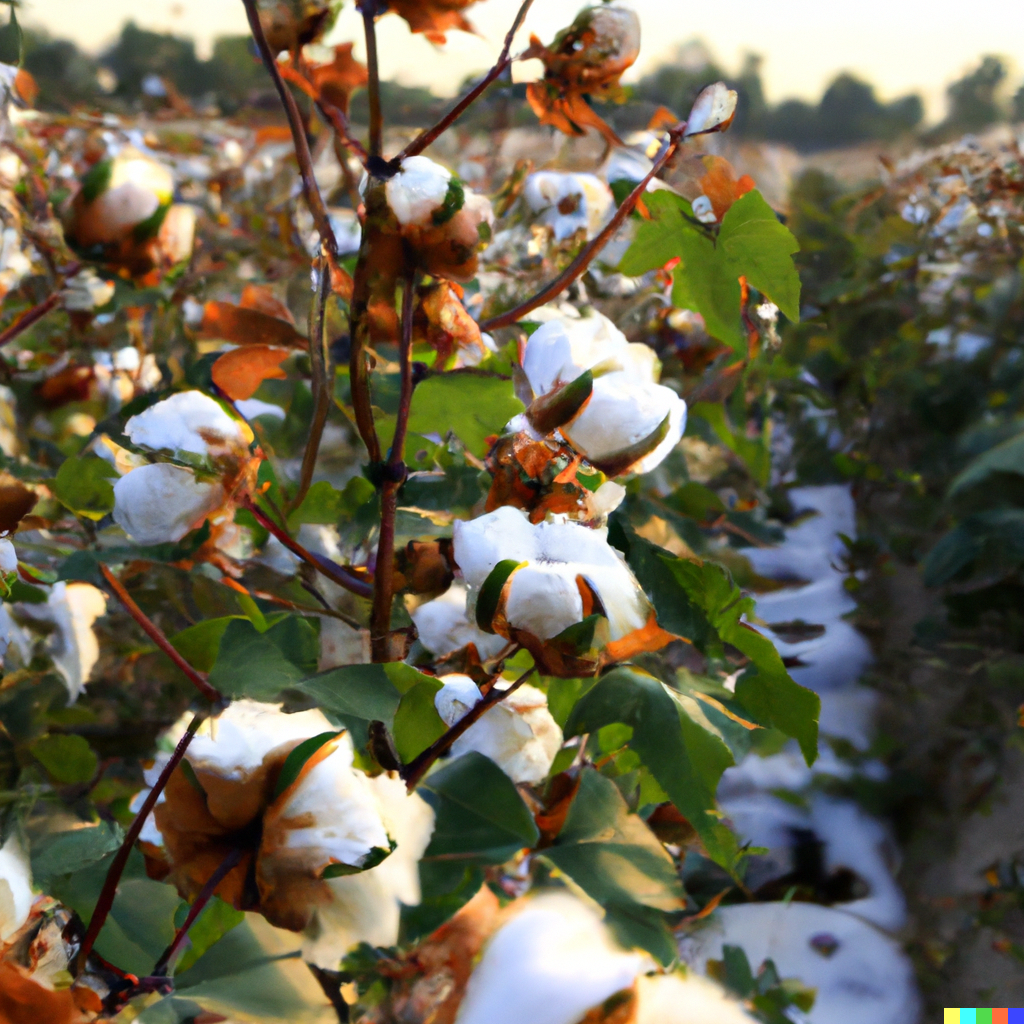The history of organic clothing goes back centuries, with the earliest examples of natural fibers being used for clothing dating back to ancient civilizations. However, it wasn't until the 20th century that the concept of organic clothing began to gain momentum as a sustainable and environmentally-friendly alternative to traditional, synthetic fabrics.
In the early 1900s, the use of synthetic pesticides and fertilizers in agriculture began to rise, leading to concerns about the impact on the environment and human health. As a result, a small but growing number of farmers began to experiment with organic farming methods, which focused on using natural methods to control pests and enrich the soil.
One of the earliest pioneers of organic cotton farming was Helen and Scott Nearing, who in the 1930s began growing cotton on their Vermont farm using only natural methods. They published a book called "Living the Good Life" in 1954, which detailed their experiences and helped to inspire others to try organic farming.
As the interest in organic farming grew, so too did the demand for organic clothing. In the 1970s, a number of small, independent clothing companies began to emerge, offering clothing made from organic cotton, linen, and hemp. These companies were often run by people who were passionate about sustainable living and wanted to make a difference in the world.
In the 1990s, organic clothing began to gain mainstream popularity as consumers became more aware of the environmental impact of synthetic fabrics. Many large clothing companies began to offer organic cotton clothing lines, and a number of certifications were established to ensure that clothing labeled as organic met certain standards.
Today, the organic clothing market continues to grow, with more and more consumers choosing organic clothing for its environmental and health benefits. Organic cotton is now widely available in a variety of styles, from casual t-shirts to formal wear. Additionally, more and more companies are using eco-friendly and sustainable materials like bamboo, tencel, and recycled polyester.
Overall, the history of organic clothing is a story of passionate individuals who wanted to make a difference in the world and consumers who care about the environment and their health. With the growing awareness of the impact of synthetic fabrics on the environment and human health, we can expect organic clothing to continue to grow in popularity in the coming years.
When shopping for organic clothing, it is important to look for certifications like the Global Organic Textile Standard (GOTS) or Organic Content Standard (OCS) which ensure that the products meet certain standards of organic and sustainable production. As a consumer, you can make a big difference in the world by choosing organic clothing, that is not only better for the environment but also for your own health.
Opok is a men's organic clothing brand that focuses on super soft activewear. We are GOTS certified and are passionate about offering consumers a viable option for workouts that isn't made from synthetic, toxic materials.




Leave a comment
This site is protected by hCaptcha and the hCaptcha Privacy Policy and Terms of Service apply.